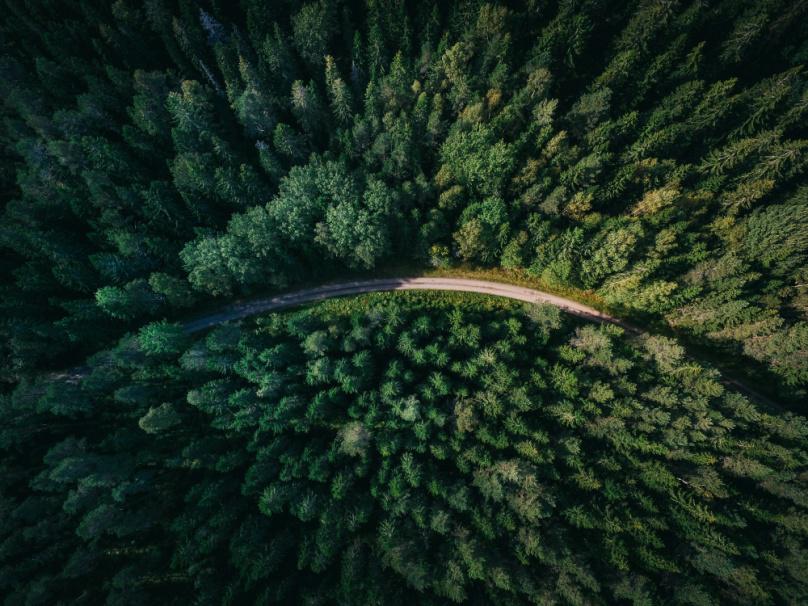
What is sustainable living? How Your Choices Shape a Sustainable Present and Future
By embracing sustainable living, we adopt practices that contribute to the well-being of the environment, society, and economy.
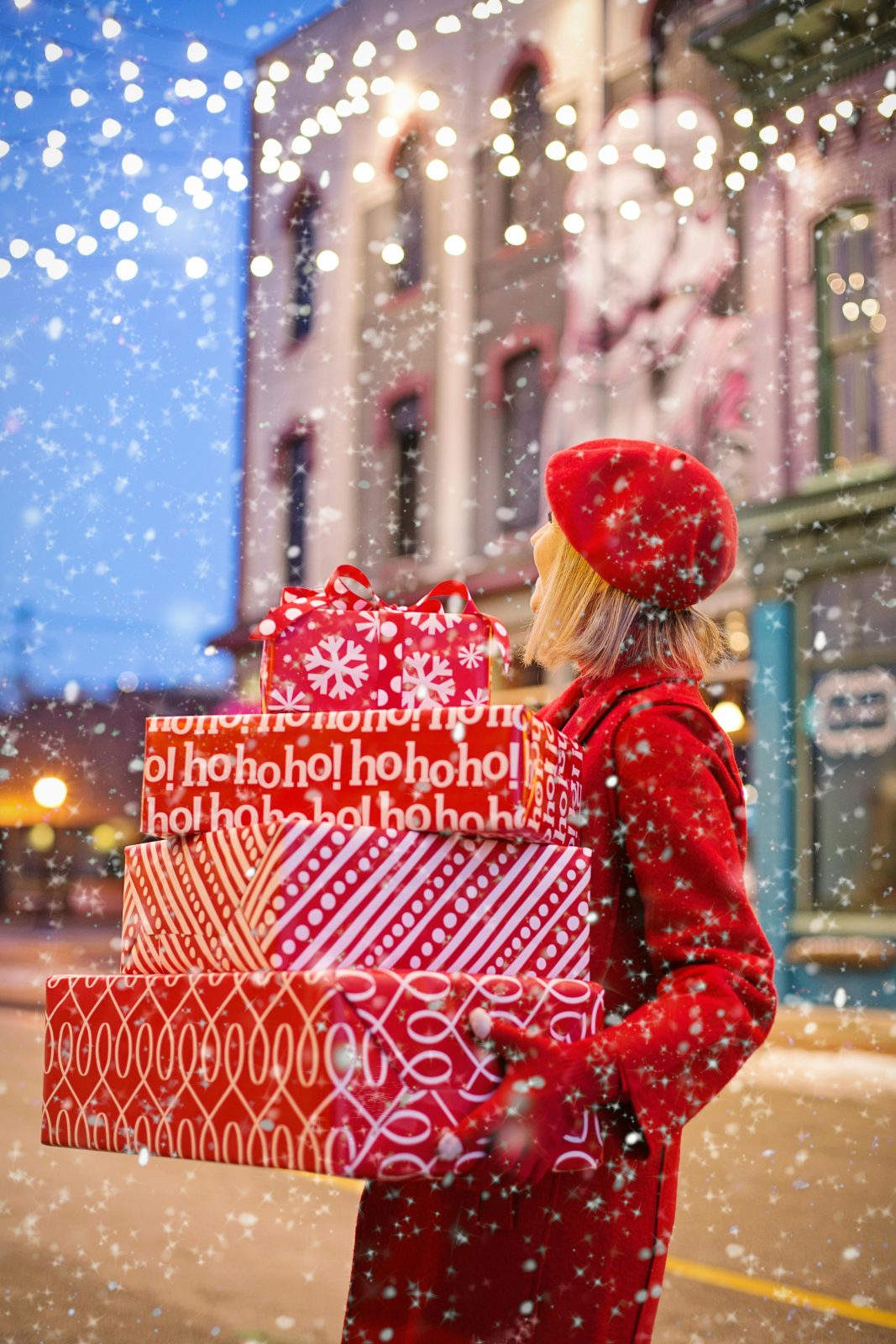
The holiday season is a time of joy, gift-giving, and celebrations with family and friends. However, it is also a period when we generate immense amounts of waste and often spend far more than necessary. We're accustomed to this being "just how it is" during the holidays. We aim to make everything perfect without considering the cost to ourselves or the planet. Each year, I make an effort to change my approach and make the holidays more sustainable. Now, I’m sharing how I modified traditional activities while keeping their consequences in mind.
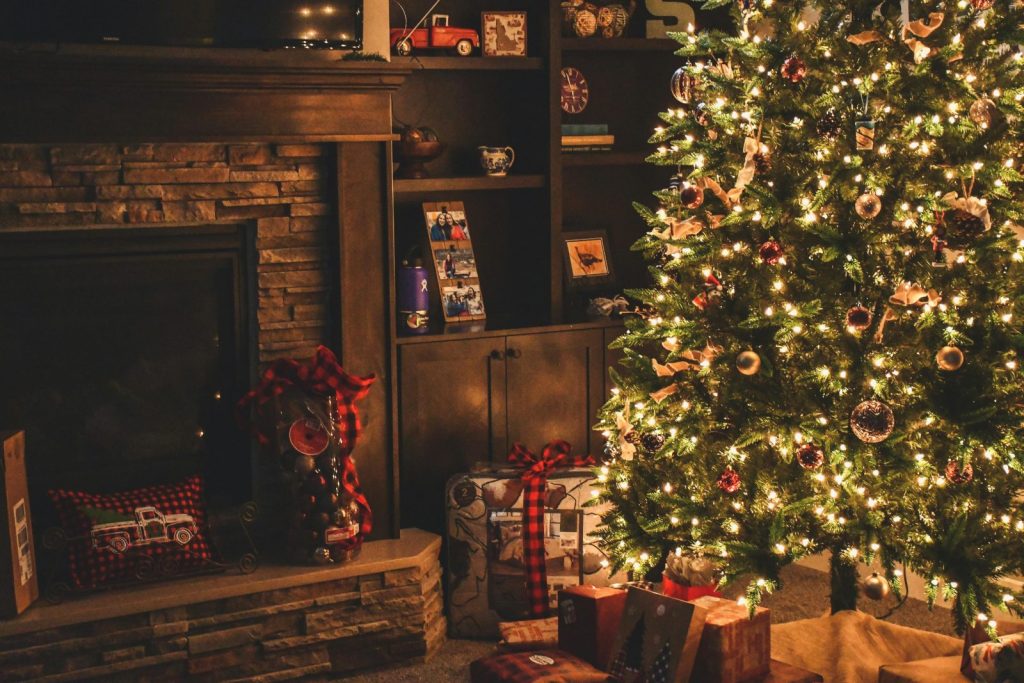
Photo by Brett Sayles: https://www.pexels.com/photo/lighted-christmas-tree-1708601/
The first thing that caught my attention was the amount of waste left after opening gifts. Wrapping paper, plastic ribbons, boxes, and countless layers of unnecessary packaging often end up in landfills. We don’t need precise statistics to understand this—look at your household trash can during the holidays. Additionally, electricity for lighting, single-use decorations, and excessive food purchases all contribute to overconsumption of resources. I asked myself, "What can I do differently?"
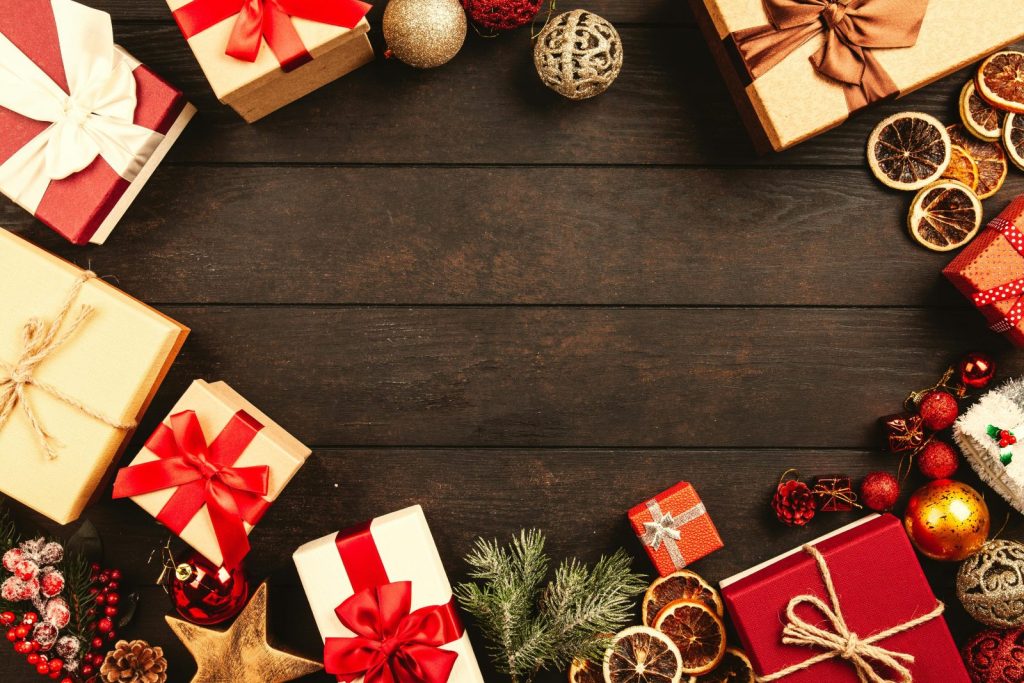
Photo by George Dolgikh: https://www.pexels.com/photo/gift-boxes-on-brown-wooden-board-1303088/
Instead of traditional wrapping paper, I opted for reusable materials. I used old scarves, cloth bags, and newspaper, creatively decorated with handmade tags. This practice not only reduces waste but also gives gifts a unique and personal touch.
Additionally, reusing wrapping paper, bows, and gift bags is an excellent way to save money, and time, and reduce waste. Slowly opening gifts and saving all the decorations has become my favorite way to prepare for next year. Some wrapping papers even lack holiday motifs, making them versatile year-round.
Instead of buying new ornaments, I recycled and reused old ones. With a little imagination, I created beautiful decorations from pine branches, dried oranges, and pinecones, bringing natural warmth to my home. I replaced battery-powered lights with energy-efficient LED bulbs. Get your inspiration here.
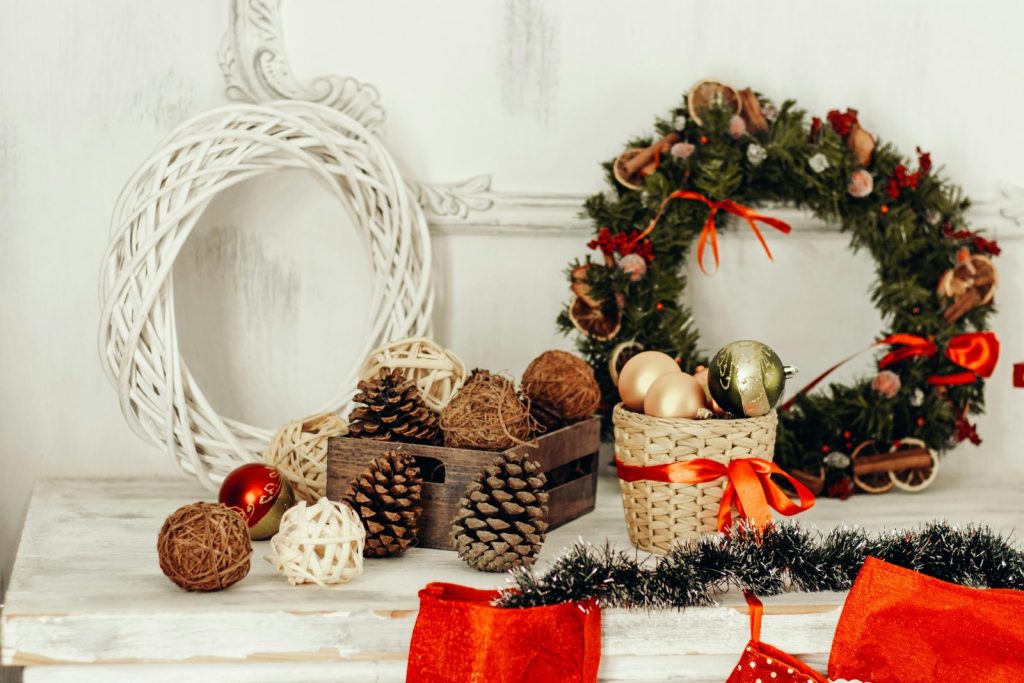
Photo by Irina Iriser: https://www.pexels.com/photo/christmas-decorations-on-wooden-table-1734428/
Moreover, I avoided plastic wherever possible. Cardboard stars and paper snowflakes proved to be perfect alternatives. If you have a plastic tree, don’t throw it away. Using plastic decorations sustainably means ensuring they last for many years.
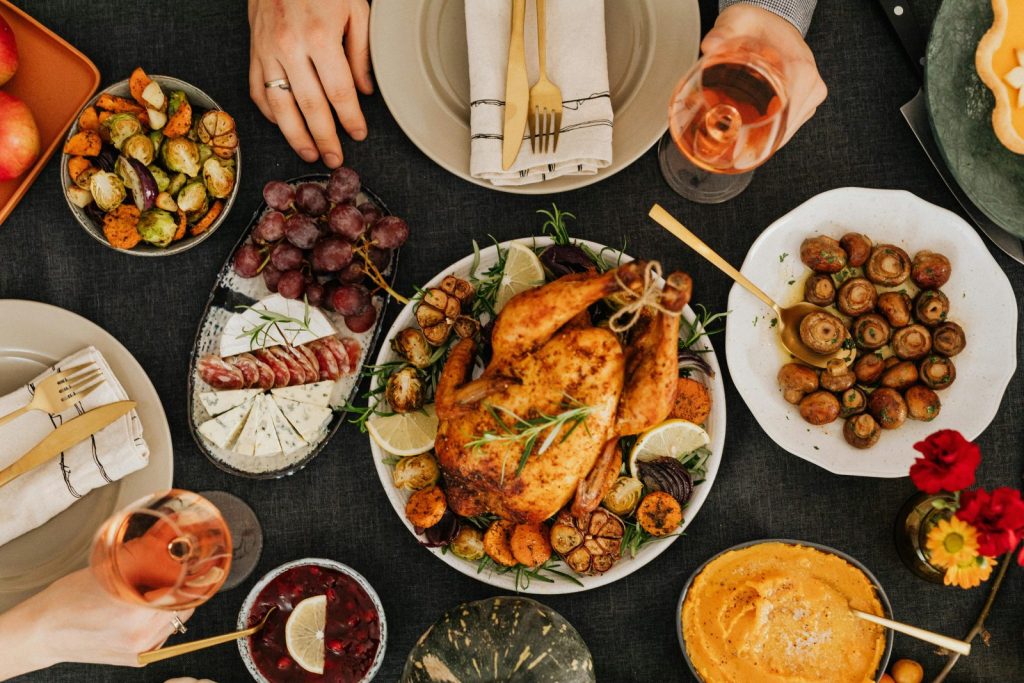
Photo by Photo By: Kaboompics.com: https://www.pexels.com/photo/foods-on-the-table-5718029/
Meal planning helped me avoid food waste. Rather than purchasing excessive amounts that often go uneaten, I prepared a menu tailored to the number of guests. I used local and seasonal ingredients sourced from farmers’ markets, reducing the carbon footprint associated with food transport.
All leftovers were either frozen for future use or transformed into new meals, such as soups and pies.
The holiday season often involves a lot of travel. Instead of driving, I opted for biking, public transport, and walking whenever possible. This choice reduced my carbon emissions and allowed me to enjoy the festive city atmosphere.
New Year’s parties don’t have to be a burden on the environment. Instead of disposable tableware, I used ceramic plates and metal cutlery. Cloth napkins replaced single-use ones, and they were washed and ready for reuse afterward.

Photo by cottonbro studio: https://www.pexels.com/photo/selective-focus-photography-of-several-people-cheering-wine-glasses-3171815/
I also encouraged guests to bring homemade dishes rather than store-bought items in plastic packaging. This fostered a warm, communal atmosphere with minimal waste.

Photo by Tima Miroshnichenko: https://www.pexels.com/photo/a-family-in-a-groupie-photo-5814288/
One of the most significant changes was deciding not to tie the holiday spirit solely to gifts. Instead of material presents, I focused on shared moments and experiences. For example, I gave my family vouchers for activities like ice skating, cooking together, or visiting a museum. This approach made the holidays more about connection and sharing than about things.
By avoiding overconsumption, I reminded myself of the true purpose of the holidays—spending quality time with loved ones.
These changes not only reduced my ecological footprint but also brought an inner sense of satisfaction. Sustainable holidays didn’t mean less joy or fewer traditions; they opened the door to creativity and mindfulness.
Of course, not everything was perfect. Some friends and family found it challenging to understand why I was changing traditional holiday rituals. However, once they saw how everything could be just as beautiful and less harmful to the planet, many started considering similar changes themselves.
Sustainable holidays are possible and can even be more fulfilling than the traditional approach. Instead of generating waste and consuming resources, we can focus on simple, creative, and eco-friendly choices.
Next year, I plan to continue in this spirit and inspire more people to join me!

By embracing sustainable living, we adopt practices that contribute to the well-being of the environment, society, and economy.

Sustainability goes beyond admiration; it is a commitment to maintaining the delicate balance between our species and the planet.
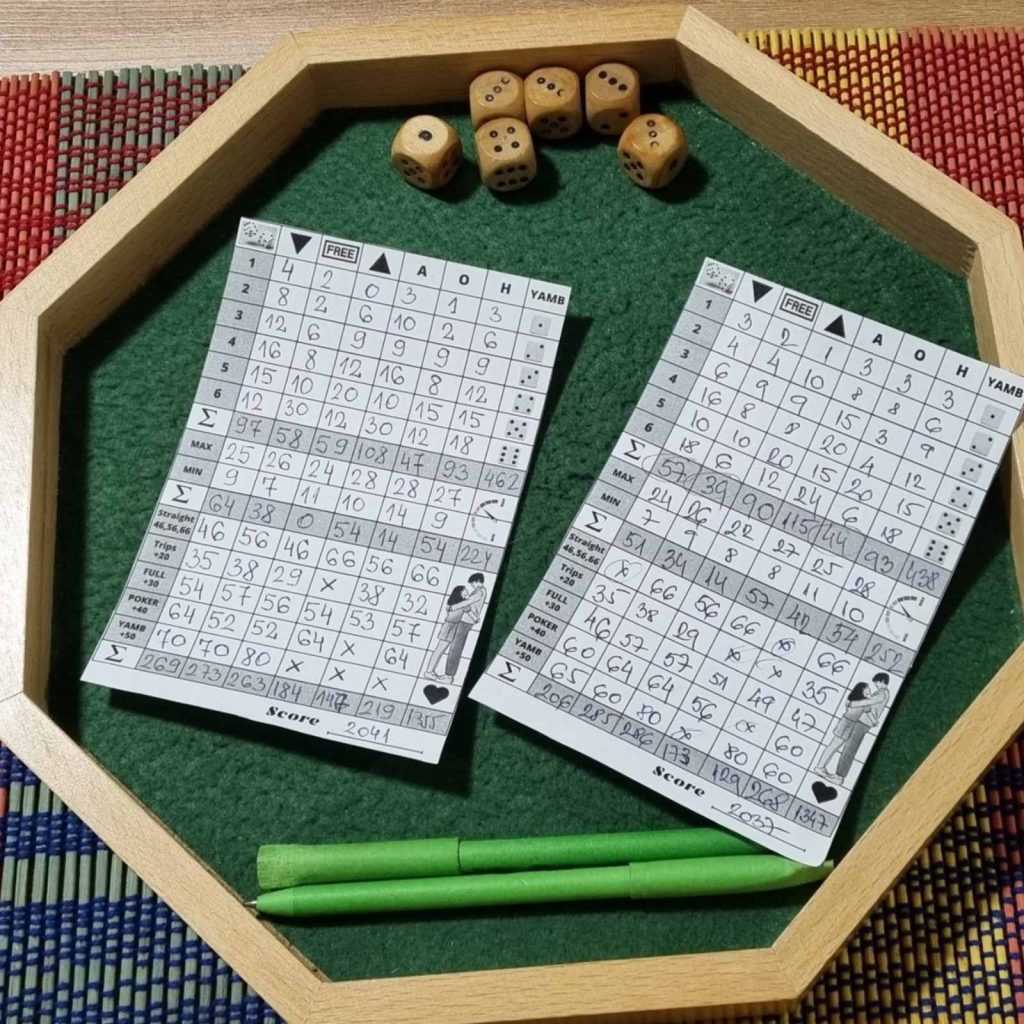
Dive into the world of traditional board games and discover their diverse health benefits. Explore expert insights on how these games contribute to well-being and mental acuity.

Natural deodorant is an effective and environmentally friendly product. It is a healthy option since traditional antiperspirants often contain chemicals.
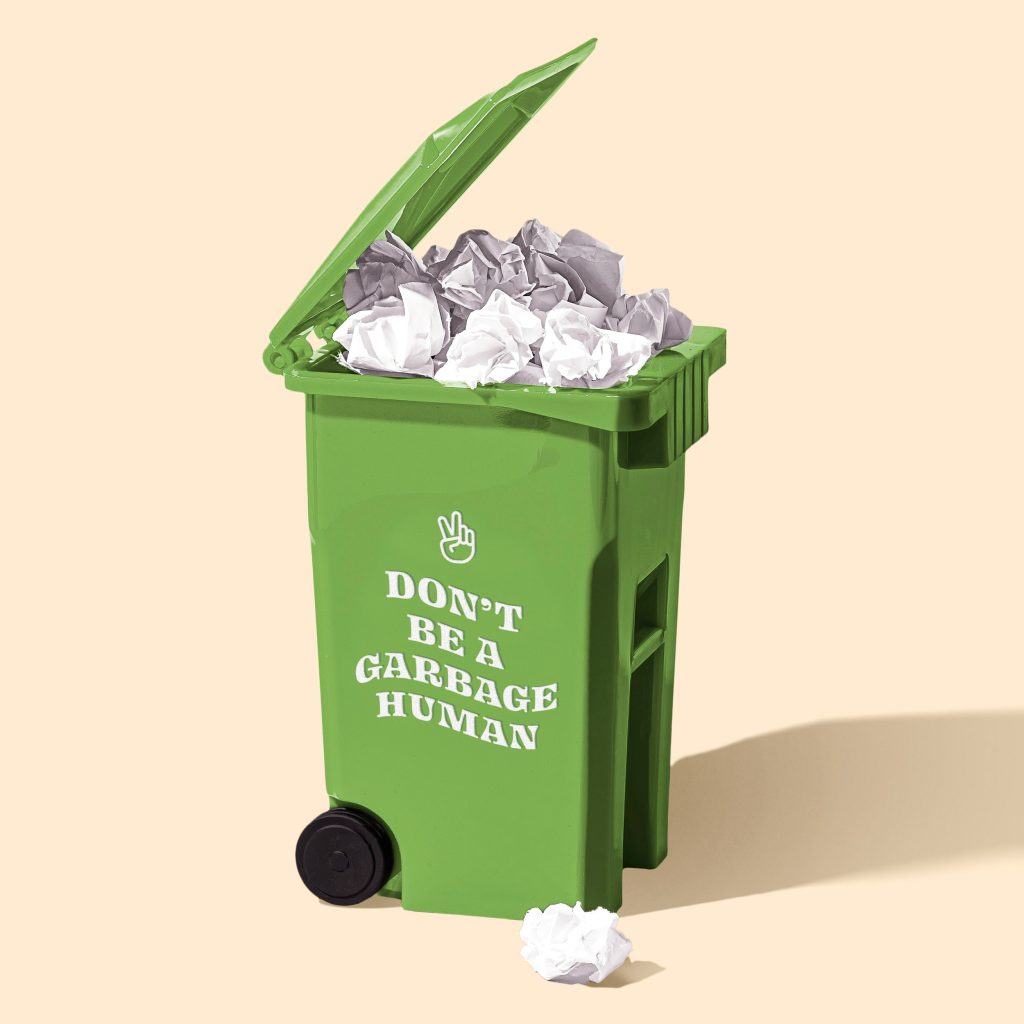
Let’s discover the environmental impact of household waste, and hopefully, this will inspire us to create a new mindset.
Welcome to Sustainable Living by Science. With our scientific mindset, we are exploring how to nurture our well-being while caring for the environment. We are sharing the meaning of sustainability through evidence-based practices. Join us on this journey towards a greener, healthier future where science guides us to make the best choices for ourselves, the planet, and others.
All content is © 2024 by Sustainable Living by Science. All rights reserved.